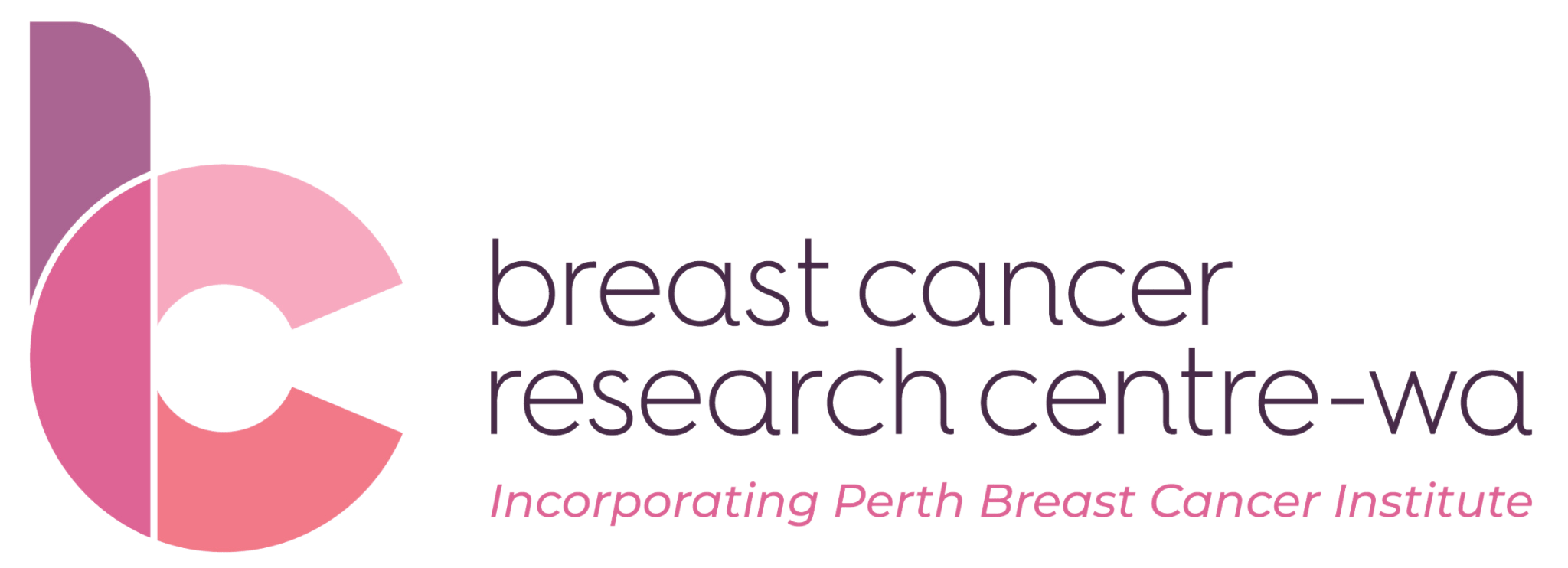A few examples of research and clinical trials we have conducted which have provided direct benefits for our patients.
Cultivating Positive Impact for Western Australians with Breast Cancer
By carefully selecting clinical trials and creating tailored research aimed at understanding the needs and experiences of our patients at BCRC-WA, we can see the positive impact that our research has for individuals battling breast cancer and their families in Western Australia.


Minimising the Impact of Side Effects
Through our groundbreaking research initiatives, BCRC-WA continuously strives to alleviate the burdens imposed by treatment side effects and optimize the efficacy of therapeutic approaches.
Enhancing Patient Experience through Scalp Cooling Technology
Hair loss, a distressing outcome of breast cancer treatments, impacts emotional well-being. BCRC-WA’s study focused on scalp cooling technology to alleviate this concern.
Scalp cooling adjusts hair follicle growth during chemotherapy, reducing hair loss. Most participants found the technology satisfactory for managing hair loss. Hollywood Private Hospital now hosts two scalp cooling machines, a direct result of this study.
Optimizing Chemotherapy Outcomes with G-CSF
To achieve optimal outcomes in early breast cancer treatment, maintaining at least 85% of planned chemotherapy doses is crucial. Neutropenia, caused by low neutrophil levels, often compels dose reduction or delays, undermining treatment effectiveness. BCRC-WA’s G-CSF Study sought to counter these challenges.
G-CSF, a growth factor, can avert neutropenia in specific chemotherapy regimens. Professor Chan’s study spotlighted G-CSF’s role alongside approved early breast cancer treatments, minimizing neutropenia severity and risk. This strategy aims to secure patients’ optimal treatment, bolstering long-term success prospects.
From 1999 to 2010, data from 1655 patients undergoing approved early breast cancer chemotherapy was collected. Neutrophil levels were monitored during initial treatment cycles to gauge neutropenia risk. Those at risk received preemptive G-CSF throughout chemotherapy, yielding improved treatment outcomes.
Improving Longterm Outcomes
Discover how our groundbreaking study harnessed the potential of neratinib to enhance long-term outcomes for HER2-positive breast cancer patients.
Neratinib: Cutting Recurrence Risk in HER2-Positive Breast Cancer
Professor Chan was the lead author and chairperson of the steering committee on a study of neratinib given to patients with early stage, HER2-positive breast cancer after chemotherapy and trastuzumab (Herceptin).
The study aimed to show that adding neratinib in this setting would reduce the risk of breast cancer recurring in other parts of the body in the two years following chemotherapy and trastuzumab.
More than 40 patients participated in the study at BCTU out of more than 2,800 participants across 495 locations worldwide. The study found that 12 months of neratinib given after chemotherapy and trastuzumab did significantly improve the outcome for these patients.
Neratinib is now approved for use in Australia in this setting and this trial led to the drug’s approval in the USA and Europe.
Avoiding Unnecessary Procedures
In the pursuit of minimizing unnecessary medical interventions, our Epiphora study challenged the need for preventive tear duct stenting before commencing chemotherapy, potentially sparing patients from unnecessary invasive procedures.
Epiphora Study: Reconsidering Invasive Procedures
Excessive tearing, known as epiphora, often occurs in patients undergoing adjuvant chemotherapy, especially with docetaxel. The Epiphora study aimed to determine if blocked tear ducts (lacrimal duct obstruction) significantly contributed to this issue in early breast cancer patients. The study, the first of its kind, investigated tearing and other eye symptoms. It evaluated whether inserting a stent, a small tube, into the tear duct to clear blockages would help.
Our featured Research Projects






